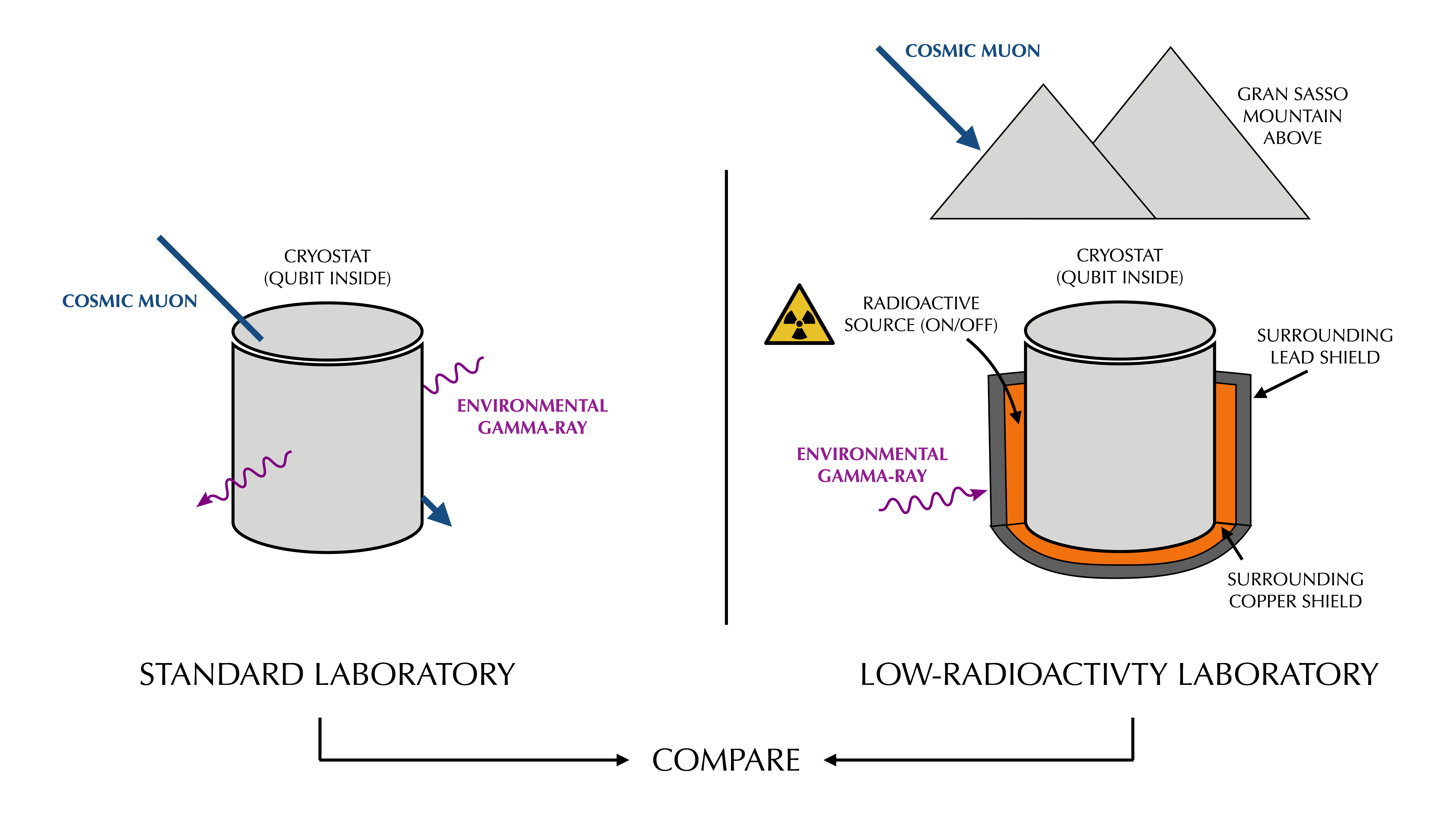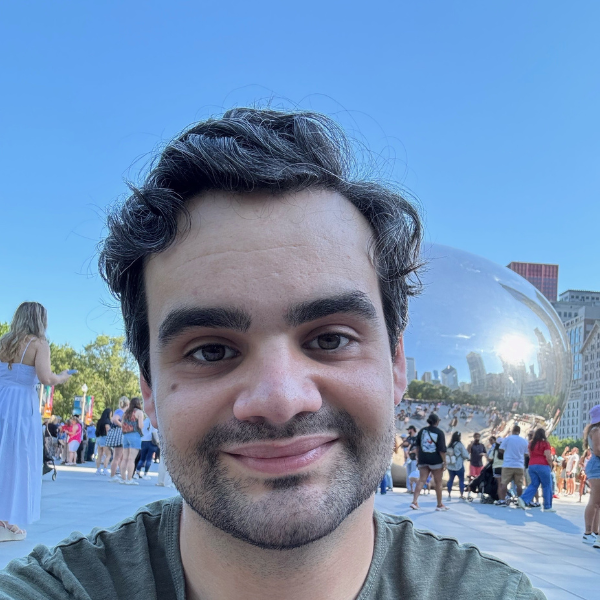Italy
Researcher (scientific/technical/engineering)
Date of the expedition
From 02/05/2024 to 11/08/2024
Selected Track
Challenges
Project title
ARQ - Abatement of Radioactivity for Qubits
Host Organization
Fermilab
Media

Biography
I am a PhD student in Physics at Gran Sasso Science Institute, Italy, with a background in low-radioactivity experiments. I am investigating how environmental radioactivity affects the performances of superconducting qubits and how they can be used for particle physics applications. During my PhD I did experiments on Transmon and Fluxonium qubits to assess their sensitivity to ionizing radiation, I developed a Monte Carlo simulation to understand which sources of radioactivity are most concerning for qubits and I was involved in the commissioning of a deep-underground facility at Gran Sasso National Laboratories for qubit experiments in a low-radioactivity environment.
Project Summary
My project aims at understanding how environmental radioactivity affect the performances of superconducting qubits. Previous results have already shown that radioactivity can induce errors both in single qubits, by affecting their decay time, and in multi-qubit chips, by causing correlated errors that can not be addressed by present-day error correction algorithms. These studies showed that radioactivity can be a limiting factor for the performances of next-generation devices, raising great concerns in the scientific community and in companies investing in quantum technologies.
With my project I observe radiation-induced fluctuations on the decay times superconducting qubits with a time resolution of tens of microseconds, quantifying the rate of errors caused by particle impacts and investigating how the materials and the design of qubits can be chosen to minimize their sensitivity to radioactivity.
To disentangle radioactivity from other decay sources, measurements on the same qubits are done both in Fermilab, where no mitigation strategies against radioactivity have been implemented, and in a low-radioactivity facility at Gran Sasso National Laboratories, in Italy, so to compare the results.
Key Result
As of today, the measurement protocol used to probe the decay rate of the qubit over time has been successfully tested on single qubits. I was able to recognize single particle impacts in the qubit chip as quick fluctuations in the qubit decay rate. By placing different gamma sources next to the experimental setup it was possible to observe a strong correlation between the rate of these events and the activity of the source to which the qubit is exposed. The informations obtained were used to analyze the measurements done on three different qubits at Fermilab and prove that ionizing radiation is not the main limit for the performances of present-day single qubits.
Impact of the Fellowship
The work done during the first part of my fellowship showed that it is possible to measure the effects of single particle impacts in a qubit chip with high detection efficiency, paving the way for future researches on how to design future devices that will not be affected by ionizing radiation. Preliminary results have been uploaded un ArXiv: https://doi.org/10.48550/arXiv.2405.18355 and I am the first author of the paper. Submission to a scientific journal is expected to happen soon.
Results have also been presented in a plenary talk at the workshop Radiation Impact on Superconducting Qubits (RISQ 2024) in Fermilab between May 29th and May 31st, and in a plenary talk at the conference Quantum Sensing 2024 in Paris between June 4th and June 6th.

